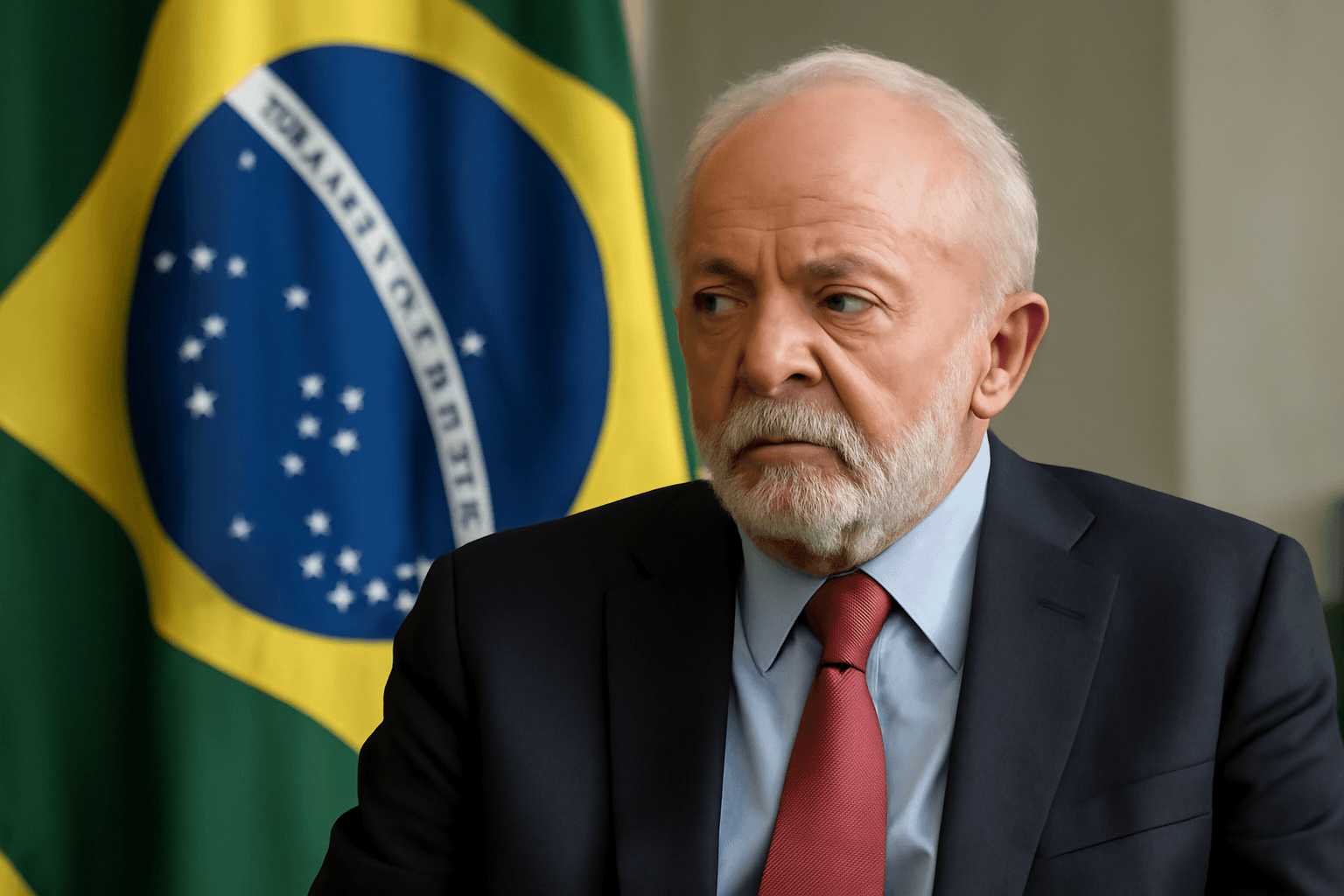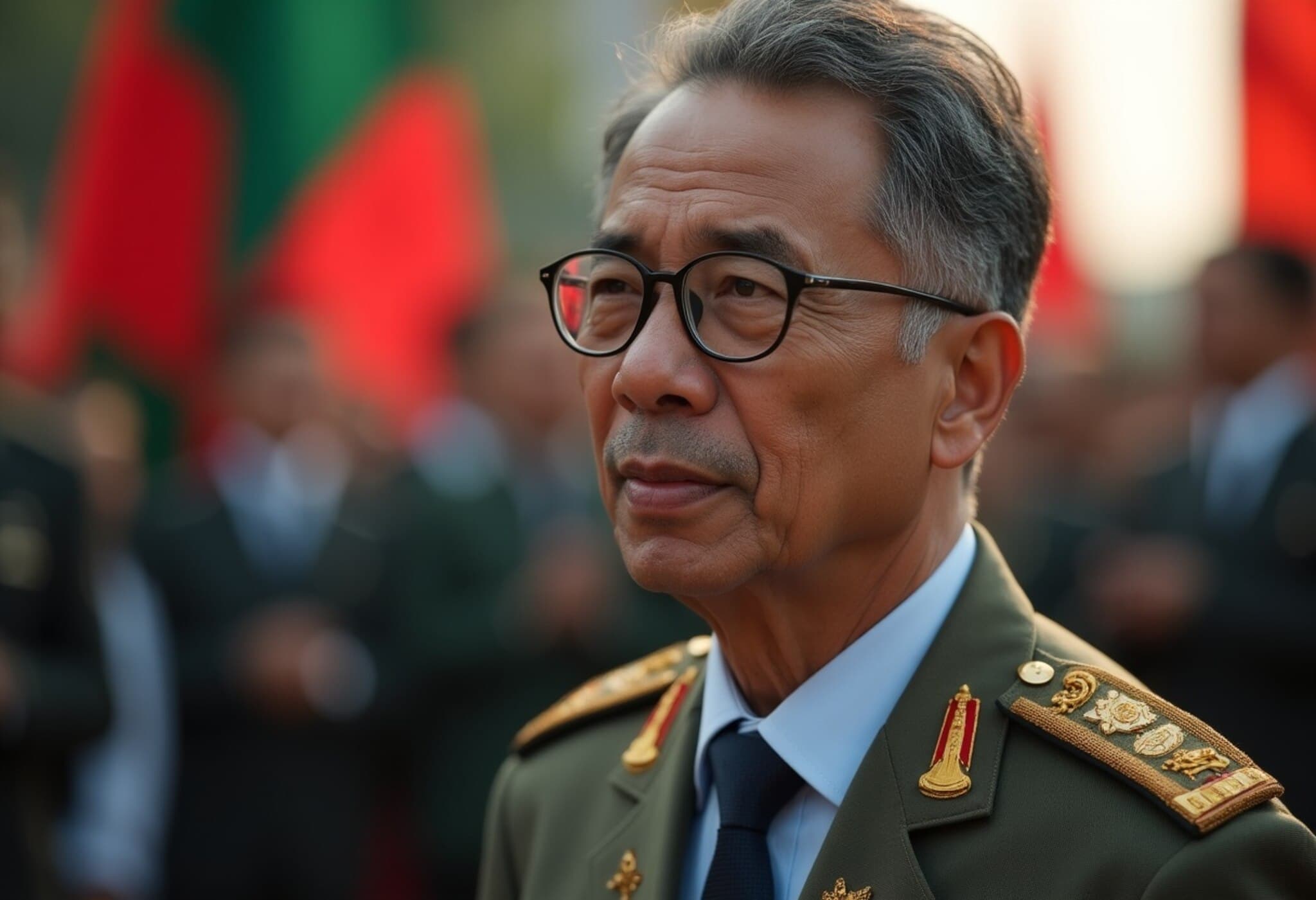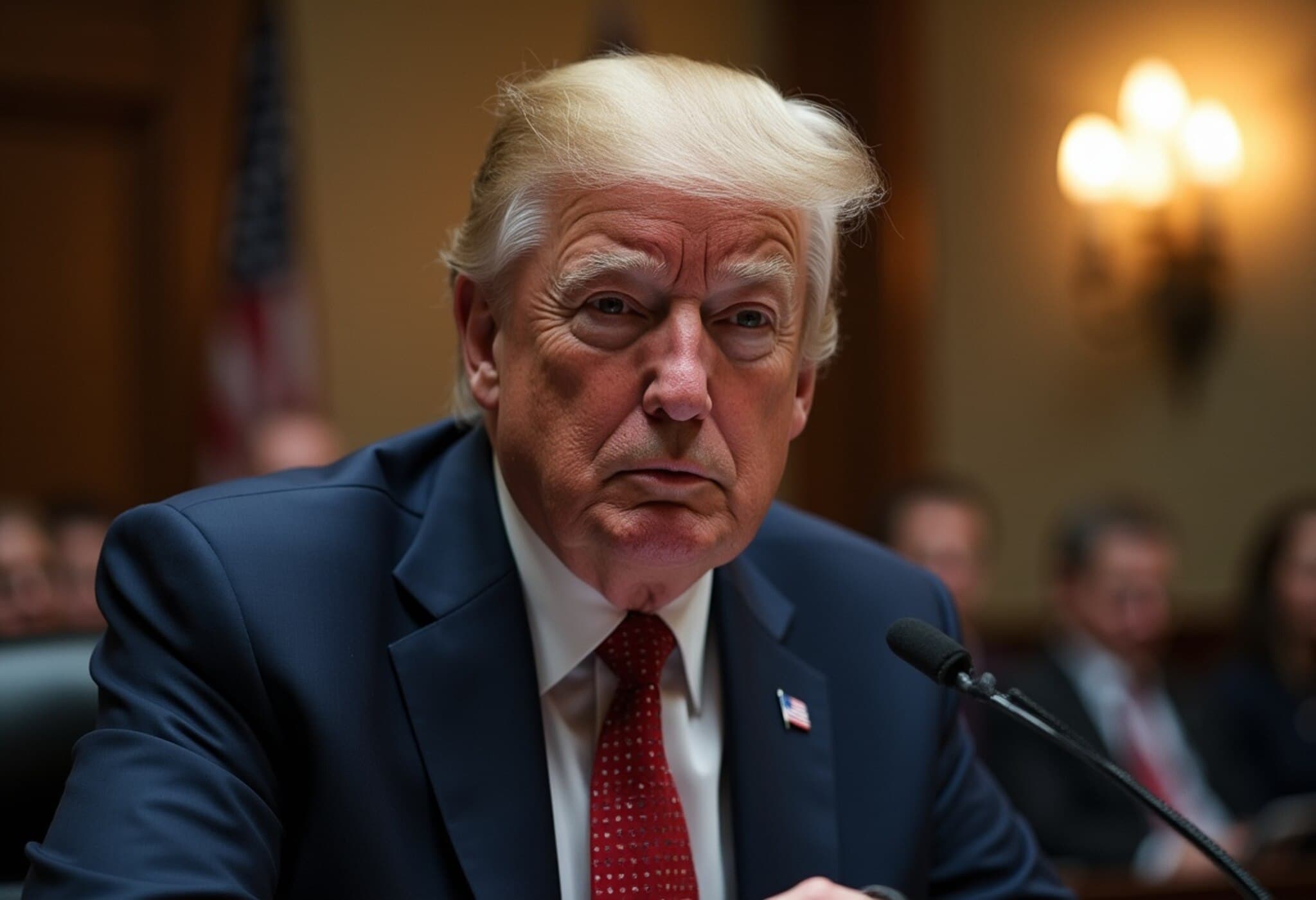Brazilian President Lula Stands Firm Against US Tariffs
In a recent statement from Brasilia, Brazilian President Luiz Inácio Lula da Silva expressed deep disappointment over the United States' decision to impose tariffs on Brazilian goods. He described the move as "the most regrettable" moment in the historically complex relationship between the two nations.
No Direct Dialogue with Trump
Lula made it clear that he would not engage in direct talks with then-US President Donald Trump, emphasizing that the initiative for dialogue was lacking from the American side. "I won’t call President Trump because he has shown no interest in dialogue," Lula stated, underscoring the strained communication channels that have contributed to the escalation.
Defending Brazil’s Interests on the Global Stage
The Brazilian leader reaffirmed his commitment to protecting his country’s economic interests using all available diplomatic and legal tools. Central to this strategy is leveraging the World Trade Organization (WTO) to challenge the tariffs, which Lula and other Brazilian officials consider unfair trade practices.
- Contextual Insight: The US tariffs target several Brazilian exports, including steel and aluminum, sectors vital to Brazil’s industrial economy.
- Economic Impact: Analysts warn that these tariffs could dampen Brazil’s export growth and impact employment in the manufacturing sector.
- Geopolitical Ramifications: This dispute reflects broader tensions in US-Latin America trade relations during the Trump administration.
Expert Commentary
Dr. Maria Fernandes, a trade policy analyst at the Brookings Institution, notes, "Lula’s choice to refrain from direct talks signals a decisive stand on sovereignty and respect. However, sustained communication may ultimately be necessary to de-escalate tensions and find common ground." Meanwhile, WTO mechanisms provide a formal avenue to contest trade disputes, but resolutions can be slow, leaving exporters in a precarious position.
Looking Ahead
Brazil’s stance highlights a growing wave of resistance from emerging economies against unilateral trade measures imposed by larger powers. The effectiveness of such multilateral defenses could reshape future trade negotiations and global economic diplomacy.
Summary Box: Key Takeaways
- Incident: US imposes tariffs on Brazilian goods, heightening diplomatic tensions.
- Lula’s Response: Rejects direct dialogue with Trump; calls tariffs regrettable.
- Next Steps: Brazil to challenge tariffs at the WTO, seeking legal recourse.
- Broader Impact: Dispute reflects challenges in US-Latin America trade relations and raises questions about the future of global trade governance.
Editor’s Note
This developing trade conflict underscores the fragility of international economic partnerships amid shifting political priorities. Lula’s decision to engage the WTO rather than pursue direct negotiations illustrates the complexities faced by emerging economies trying to safeguard their interests against protectionist policies. Observers should watch whether this path strengthens multilateral institutions or prolongs economic uncertainty. The situation also invites a broader reflection on how global leaders balance assertiveness with diplomacy in an increasingly interconnected world.








